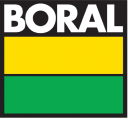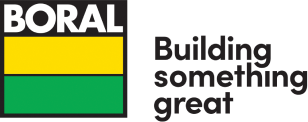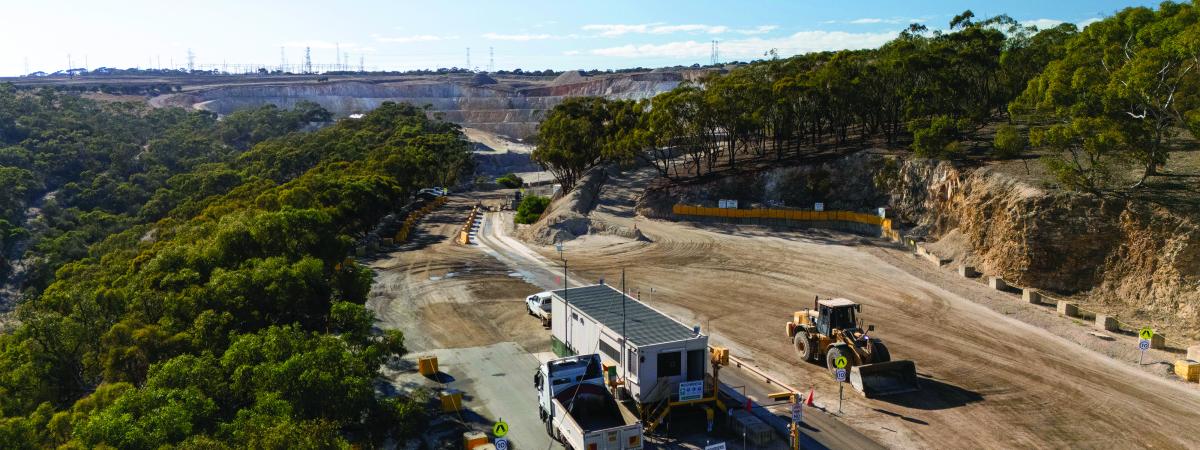Contact us to request a quote
Materials recovered from demolition and excavation waste can be delivered to one of our many recycling centres.
By recovering materials from waste, we are working together to conserve our natural resources, reduce our carbon emissions, divert waste away from landfill and at the same time we work to save construction firms waste disposal costs and energy.
Boral can arrange for the materials to be collected and transported to one of our local recycling centres through our Circular Materials Solution.
Please ask your account Manager for more details.
Boral will collect:
- Concrete
- Brick
- Reclaimed Asphalt
- Excavation Sand
- Sandstone
- Tunnel Spoil
- PASS
*Please check with our recycling team as not all materials are accepted across all of our recycling sites
Concrete and Masonry
Processed Concrete
Processed concrete aggregate, with each dimension less than 400mm and devoid of steel, is accepted. This includes concrete that has been treated or processed with various admixtures.
No additional preparation is required.
Concrete
We accept concrete aggregate of a size less than 700mm in any dimension. This typically contains some degree of steel.
Over-size concrete
Oversized concrete aggregate, defined as any piece exceeding 700mm in any dimension or having excessive steel content, requires extensive preparation before processing. It must also be safe to unload. Please note that any concrete aggregate over 1m requires pre-approval.
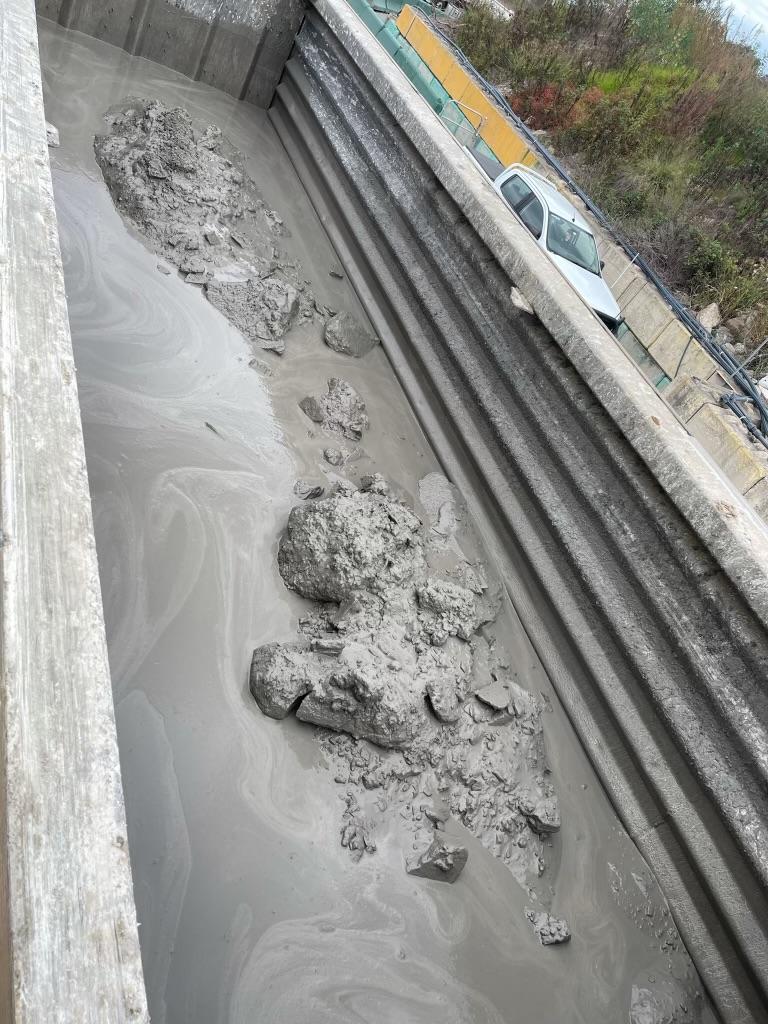
Concrete batch waste
Waste generated by the production of concrete, i.e. washout, solid waste or agitator waste.
Bricks & Tiles
Clean Brick
Bricks and tiles that are entirely free from any form of contamination within the batch.
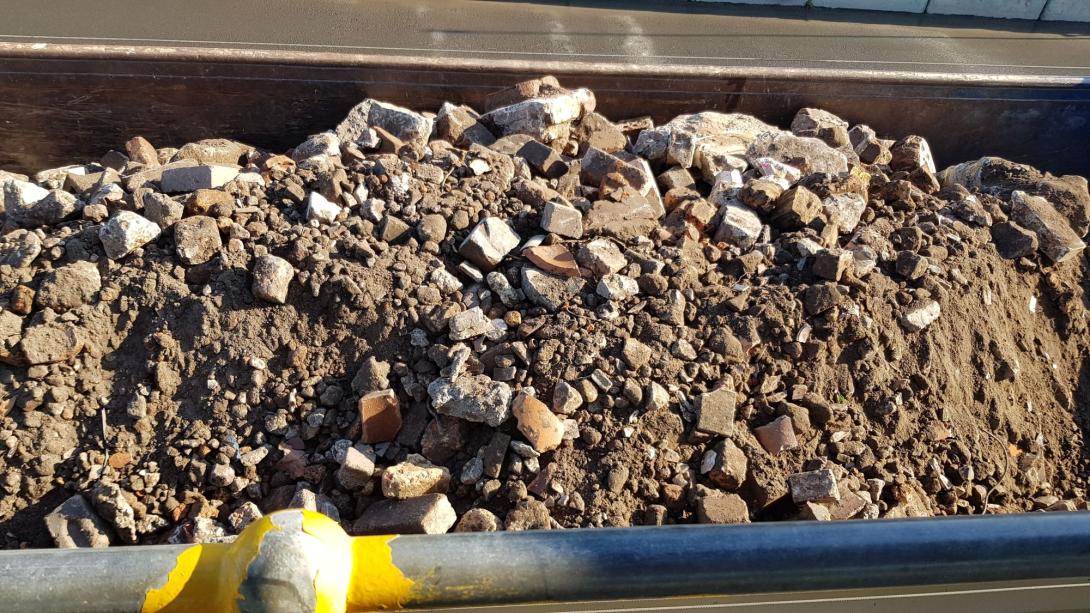
Brick Mix
Any combination of brick, concrete, asphalt, masonry, and tiles with minimal steel.
Asphalt
Asphalt Profiles
Clean asphalt fragments, typically less than 50mm in size, with no admixture of road base or any other extraneous materials within the batch.
Asphalt Lump (Excavated)
Asphalt lumps devoid of any contaminated substances within the batch.
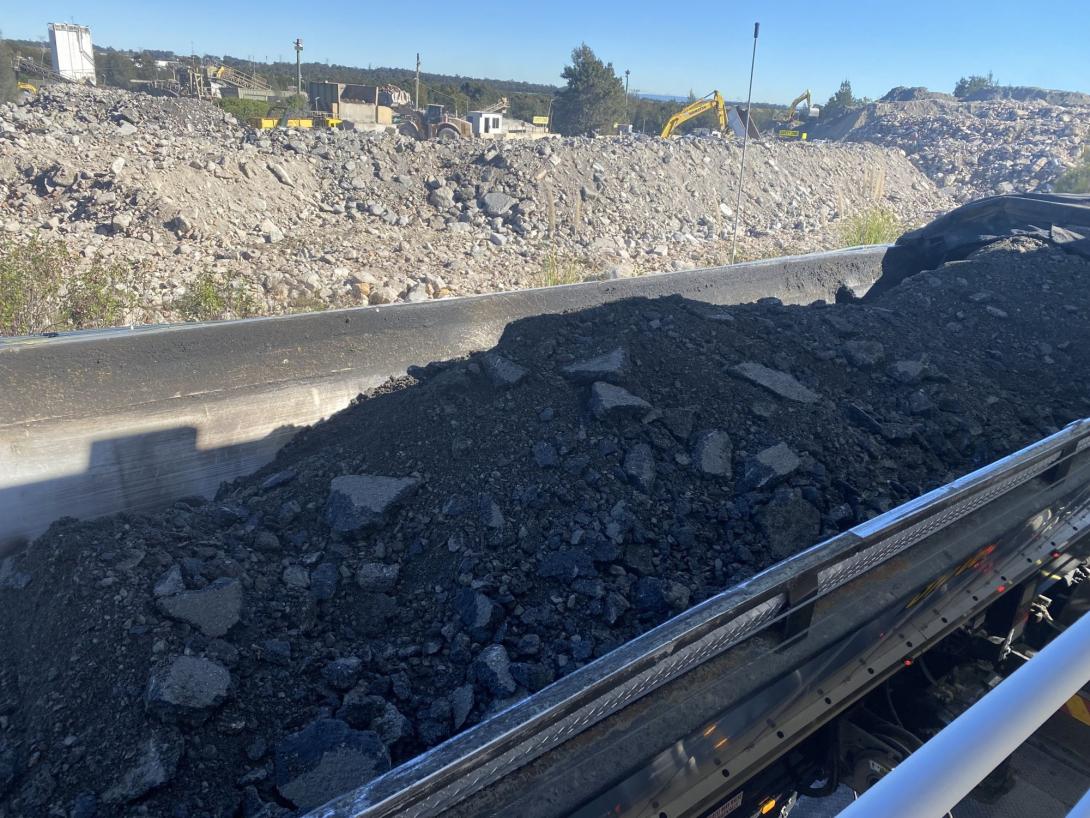
Asphalt Mix
Predominately asphalt with small quantities of concrete, and/or brick and/or road base.
Excavated VENM sand
Excavated VENM sand (Virgin Excavated Natural Material (VENM) - classification) Clean virgin excavation sand of varying colour.
Verification of waste classification is mandatory.
VENM sandstone.
Clean virgin excavated and/or ripped sandstone, free of shale and clay.
Verification of waste classification is mandatory.
Excavation stone
Clean virgin excavated, free of shale and clay.
Other Waste
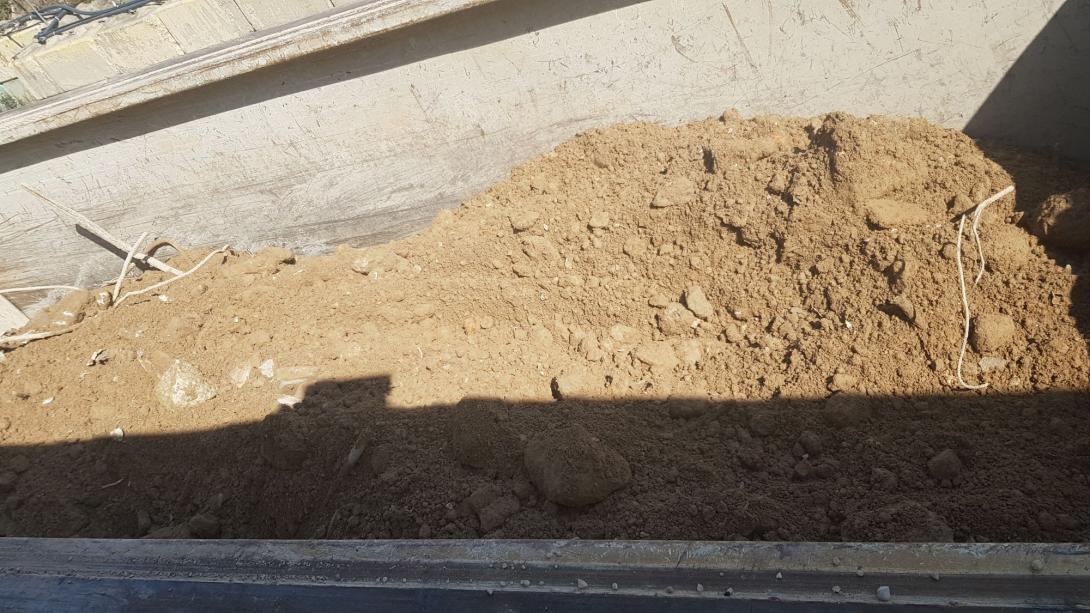
General solid waste – (CT -1 soils)
Material that has a waste classification that meets the General solid waste - non putrescible
Subject to clearance and testing.
Reclaimed road base
Natural road base free from contamination.
Subject to clearance and testing.
Earth Exchange
Soils meeting site criteria are used for filling / rehabilitation application, e.g. clean fill / general excavation materials and in some sites even PASS.
Clean fill / general excavation materials
Materials excavated from demolition and construction sites are subjected to stringent testing procedures. Once they are designated as clean, they are eligible for acceptance as recovered materials. The materials are then used to rehabilitate sites where materials have previously been extracted. Once the sites have been rehabilitated, they are ready for beneficial re-use such as parkland, housing developments or industrial precincts.
PASS Potential Acid Sulphate soils
Potential acid sulphate soils (PASS) are soils that contain iron sulphide minerals, such as pyrite. When these soils are drained or disturbed, the sulphide minerals can react with oxygen in the air to form sulfuric acid. This can cause the soil to become more acidic and can also release pollutants such as heavy metals into the environment. It is important to carefully manage activities that could disturb these soils, to avoid potential environmental impacts.
Recycling Centres
Boral has established recycling facilities across Australia.
